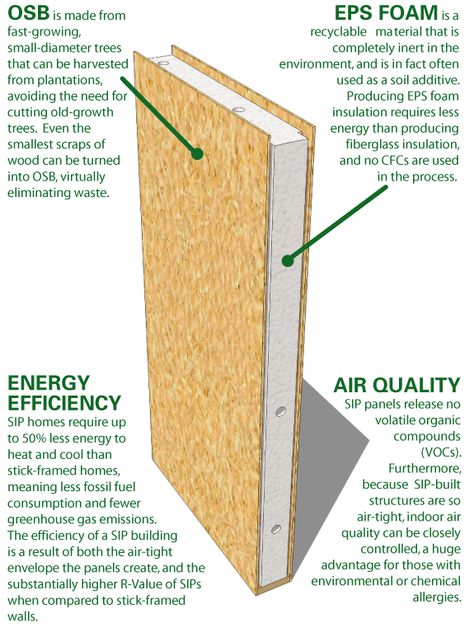According to foreign media reports, as the automotive industry is transforming into electrification, Polyplastics Co., Ltd., the world's leading engineering plastics supplier, has launched innovative resin products as an excellent substitute for metals. The electric vehicle (EV) market. The company's DURANEX(R)PBT and DURAFIDE(R)PPS materials are designed for the production of engine peripheral components such as power control units (PCUs) with high insulation and low water absorption while meeting demanding operating conditions (minus 40 to 150 degrees Celsius, relative humidity up to 95%).
Polyplastic's DURANEX(R) PBT CG7030 material provides low water absorption and high tracking performance for high voltage components such as PCU (compared to the tracking index: 600 volts). This material improves the reliability of high voltage components that do not have sufficient creepage distance. Water and salt can seep into high-voltage components, causing leakage problems, so such components require materials that have a higher index of tracking than the tracking.
Polyplastics also offers DURAFIDE (R) PPS 6150T73, a material that provides high thermal shock resistance, high dimensional stability, and excellent heat and chemical resistance for automotive automotive insert molding applications. Previously used materials have lower thermal shock resistance when fluidity increases.
In addition, Polyplastics is exploring new materials to replace the metal in the PCU casing. Thermoplastics can make weight lighter and increase productivity. However, critical requirements such as strength, dimensional stability, electromagnetic shielding, and thermal conductivity cannot be met. At present, Polyplastics is developing materials with electromagnetic shielding properties, and the company is also developing materials for other electric vehicle applications such as motors and batteries.
Structural Insulated Panels are high performance thermal efficient composite panels which consist of a sandwich of two layers of structural board with an insulating layer of foam in between for walls, roofs and floors in new residential and commercial buildings.

1. Architectural Benefits
High quality construction method.
Comfortably warm, clean, and quiet.
2. Cost Benefits
Equal or lower first costs.
Lower long term operating costs.
Incentives available from utility service provider for energy efficient design.
Lower maintenance costs for you.
3. Construction Process Benefits
Easy to construct, with short learning curve.
60% shorter construction time
Quick turnaround time for greater satisfaction.
Increased builders production capacity.
4. Environmental Benefits
50% less framing lumber.
50% more energy efficient.
Requires less room at building site (less site disturbance).
Less construction waste.
structural insulated panels are prefabricated systems used primarily for walls and roofs. SIPs employ composite materials, reduce waste through modular construction methods, achieve high insulation values, and may be used instead of many conventional building methods.
Structural Insulated Panels
Structural Insulated Panels,Structural Insulated Wall Panels,Structural Insulated Roof Panels,Insulated Building Panels
Dalian Quacent New Building Materials Co.,Ltd. , https://www.quacenthomes.com